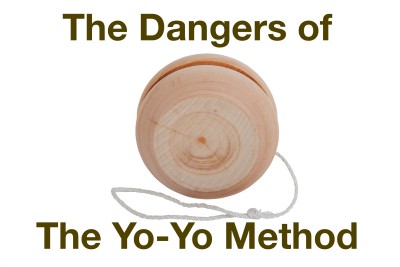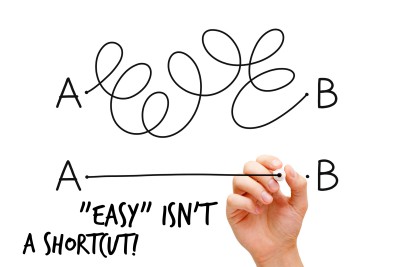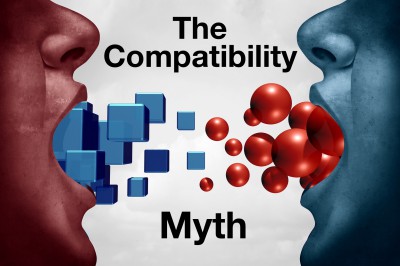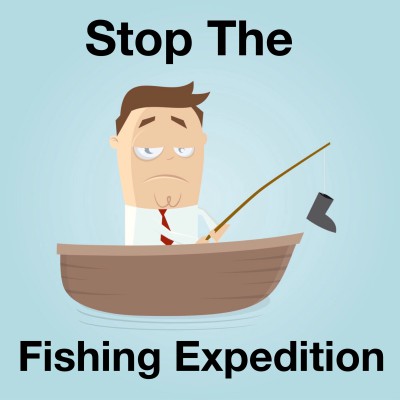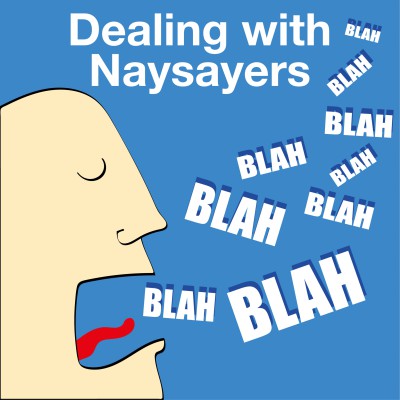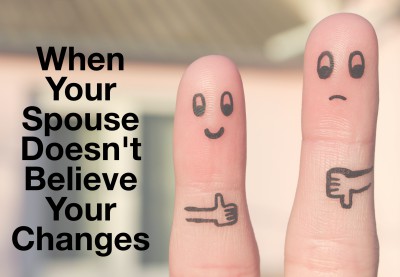“What If I CAN’T Save It?” — Your Fears Addressed
https://savethemarriage.com/stmblog/wp-content/themes/corpus/images/empty/thumbnail.jpg 150 150 Lee H. Baucom, Ph.D. Lee H. Baucom, Ph.D. https://secure.gravatar.com/avatar/669b7e375d93f77521ddaba08adb8063?s=96&d=blank&r=pg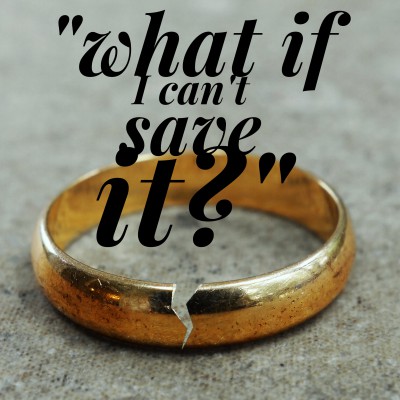 Two phone calls the same day. Both with the same question: “What if I CAN’T save my marriage?” One had been working at it for awhile. The other hadn’t started (and was trying to decide whether to even start).
Two phone calls the same day. Both with the same question: “What if I CAN’T save my marriage?” One had been working at it for awhile. The other hadn’t started (and was trying to decide whether to even start).
It’s a common question that gets asked at 3 different times in the process. Each has a different meaning. All share a fear.
That fear can keep you from taking action, talk you into giving up, or serve to inform you.
This week, I want to take on the question, “What if I can’t save it?”, because not every marriage can be saved. (But NONE will be saved without action.)
Don’t let the question trip you up. Understand what’s behind it. And learn my answer to the question.
Listen below. . .
(And if you are ready to get started, GRAB MY SAVE THE MARRIAGE SYSTEM HERE.)
Podcast: Play in new window | Download
Subscribe: RSS

